The sulfate-free movement in beauty products has been gaining popularity, but this isn’t based in science, say experts.


The sulfate-free movement in beauty products has been gaining popularity, but this isn’t based in science, say experts.
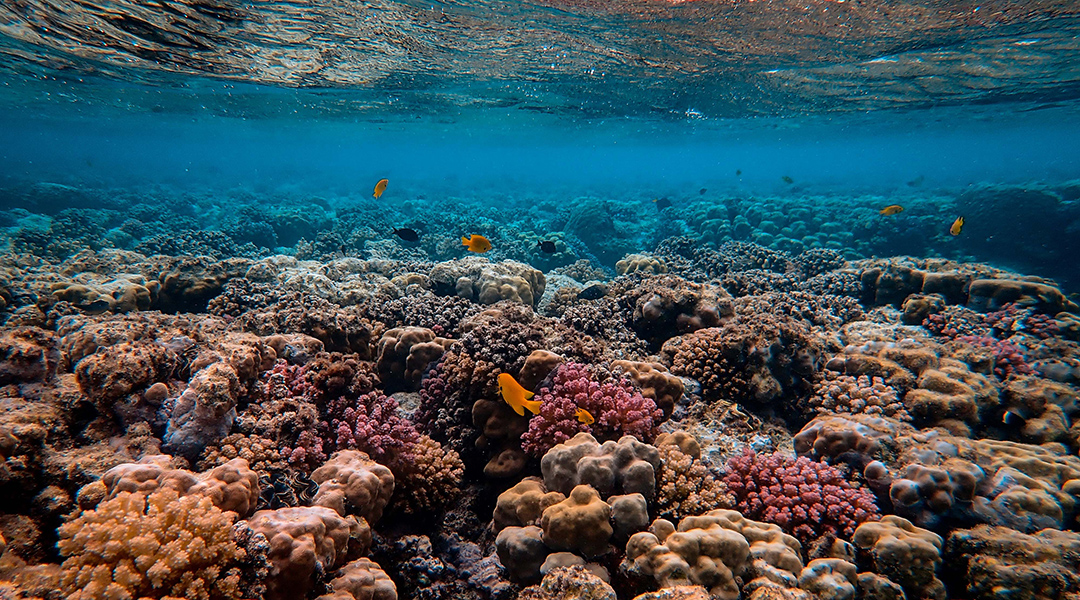
New experiments on coral reefs show that transplanting genetically diverse coral is key to restoration success.

Scientists explore whether macrophages — key players in trauma repair — can sense and respond to damage caused by a heart attack.
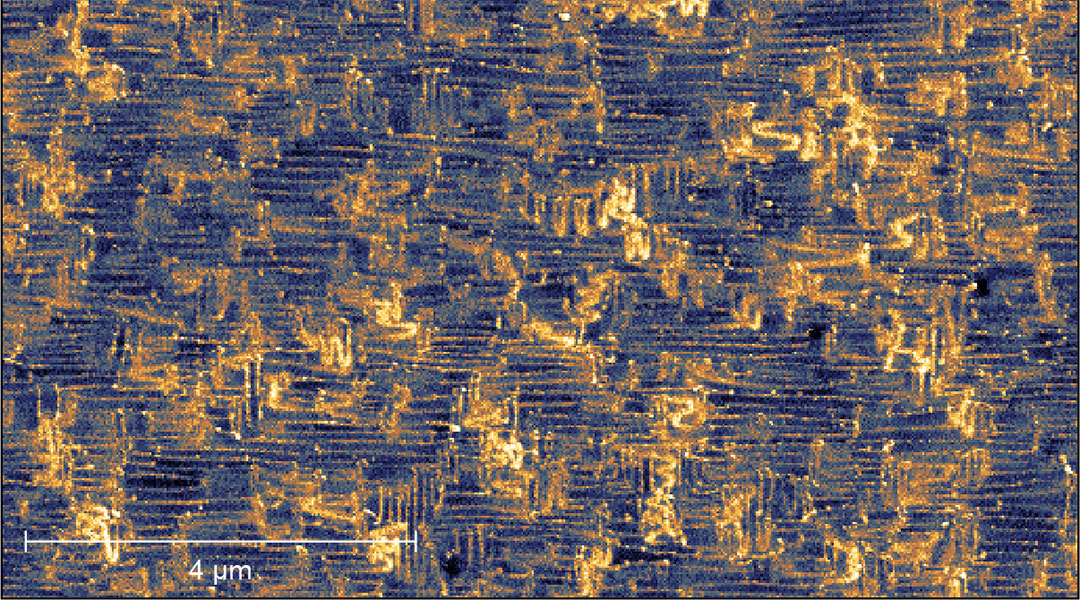
Artificial neural networks made from domain walls mimic synapses and neurons in the brain for neuromorphic computers.
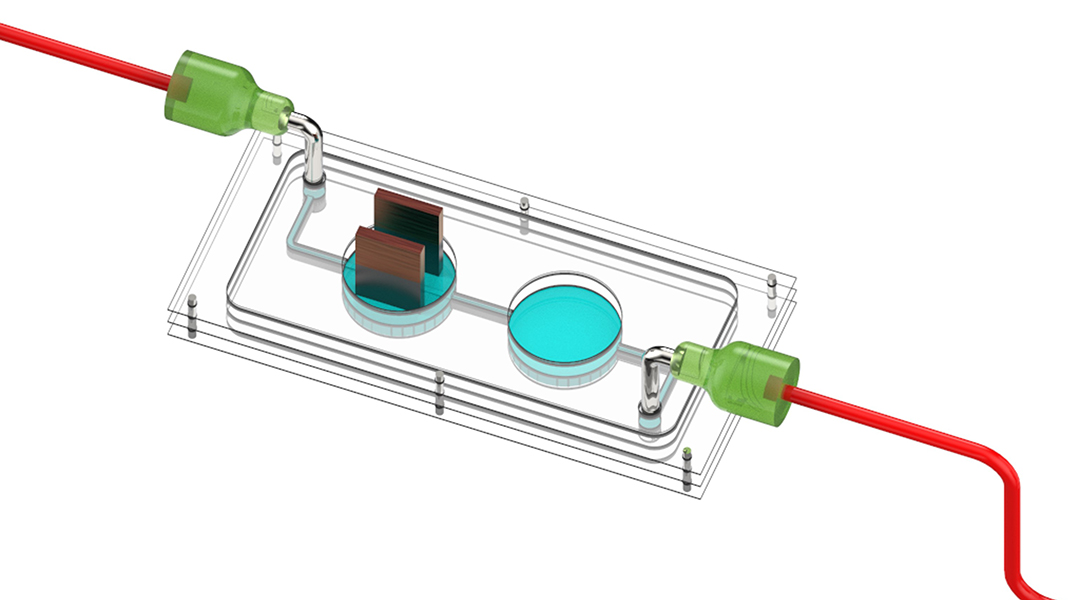
The device provides a powerful tool for studying and treating diabetes, allowing personalized modelling by using patients’ own cells.

A uniquely sensitive, stretchable pressure sensor for prosthetics, soft robotics, and human-machine interfaces.
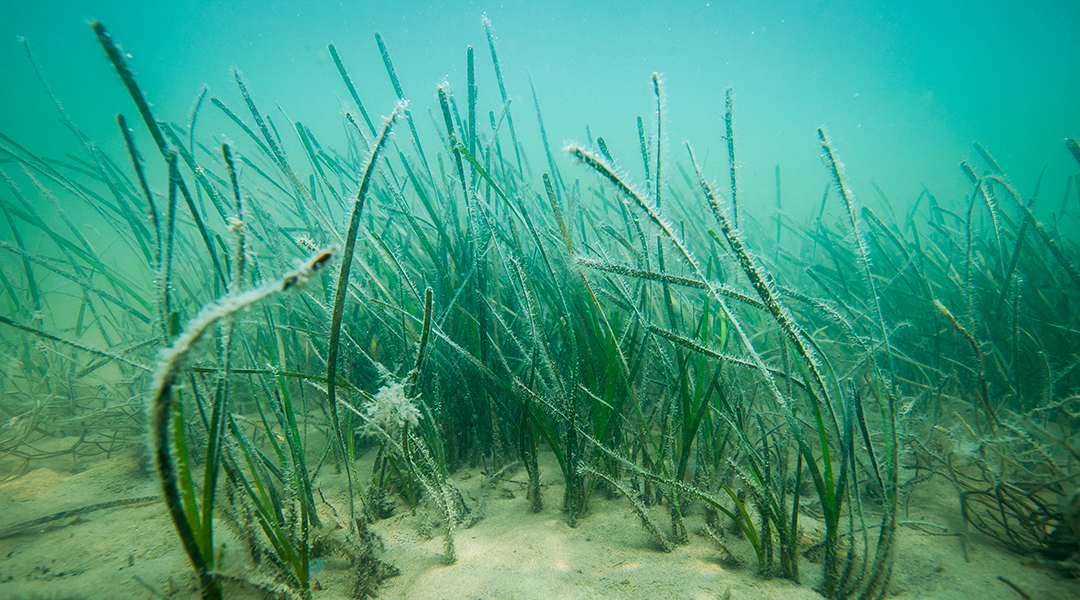
Seagrass roots make underwater sand more resistant to strong waves and reduce coastal erosion by 70%.

With a fossil fuel–derived climate catastrophe on our doorstep, many see ammonia as a possible alternative fuel source.
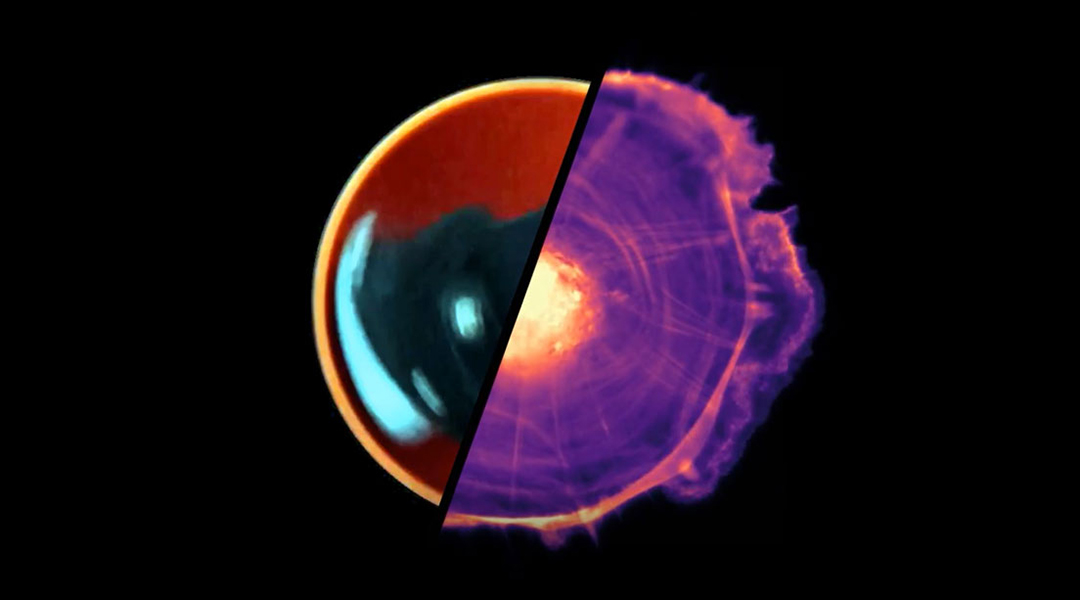
Experiments with cells and toys reveal fundamentals of synchronized movement in both inanimate objects and living groups.
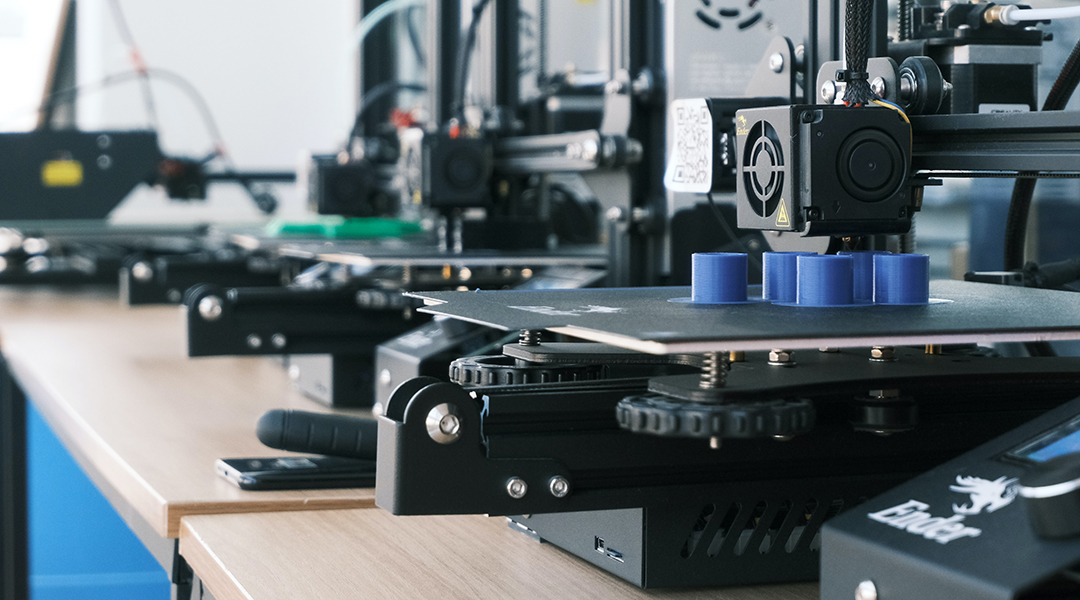
To optimize 3D printing, researchers apply machine learning to minimize waste and optimize structure during the printing process.